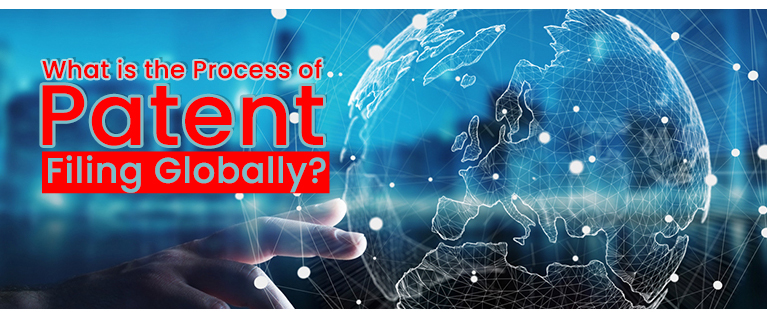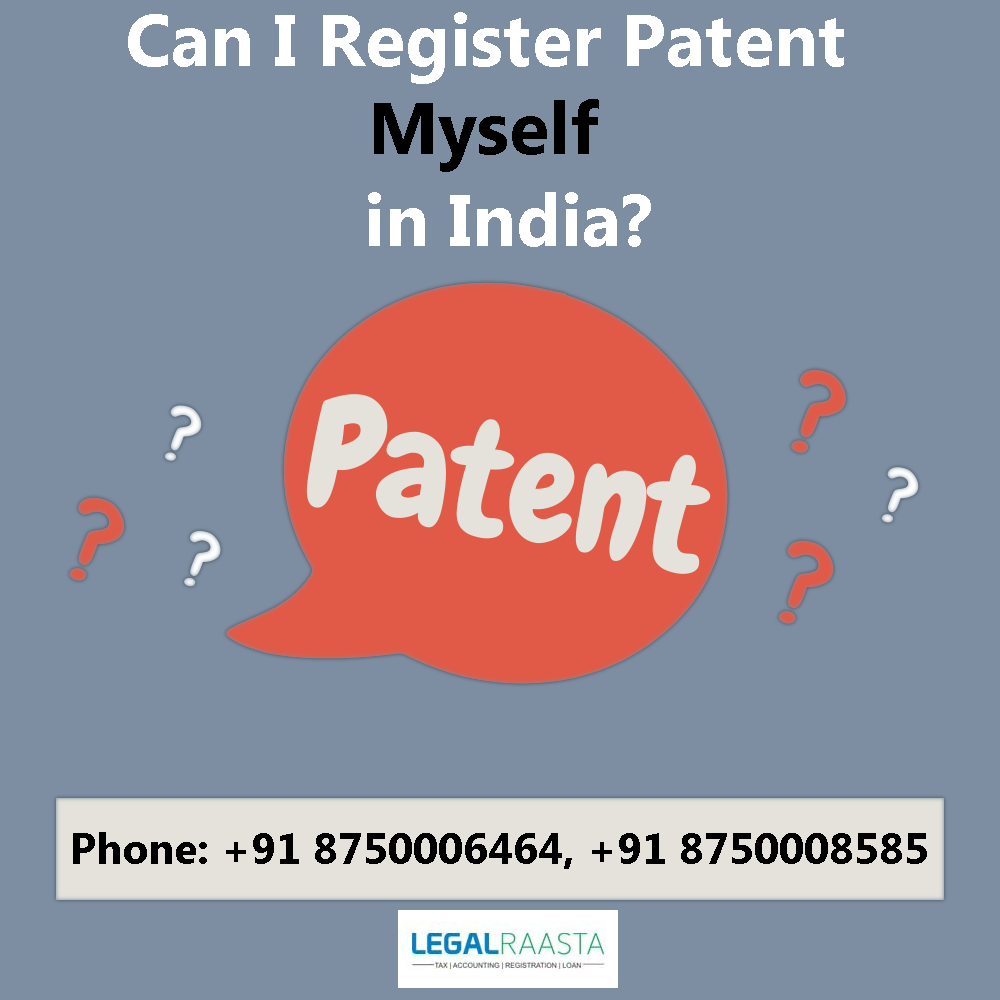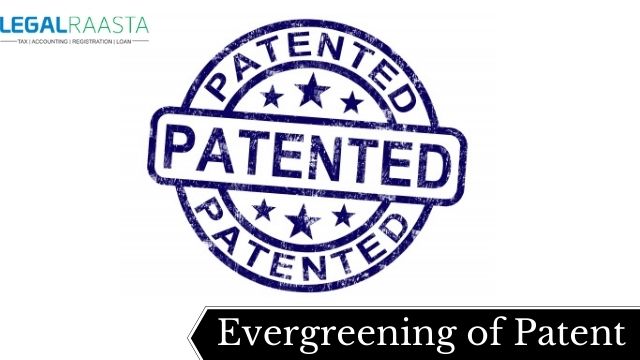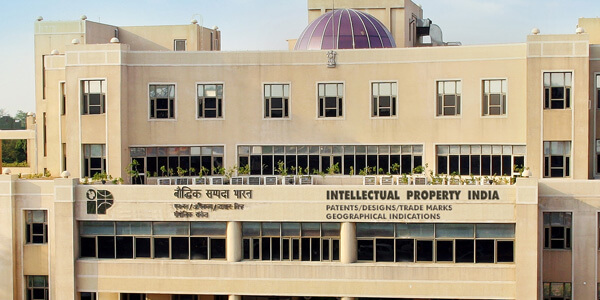Advantages of Patent registration
In India Patent is often referred as high profile activity which is granted when any new invention is found, or any novel, contain an inventive move, and capable of industrial application. However, it is considered that Patent is only for researchers or scientists which are not always true to the innovative spirit and creativity are somehow protected in every person by their own experience.
A patent is granted by the government for an invention is granted to the applicant, and he becomes the owner of a patent. It provides him with the territorial rights for a limited period of time to stop others from making, using or importing his invention without permission or the owner rights can only be exchanged within the owner’s territory. Further, in return, the applicant holding this right discloses all the details of his invention in a sufficient manner so as to enable a person skilled in that prior art to create the invention.
Economical Advantages
The patent registration is generally for followings:
1) New: The creation/invention should not exist in the prior state of the art relating to the specific field.
2) Novelty: The invention should not have been publicly disclosed, before the date of filing a patent application, anywhere in the world.
3) Inventive Step: It means that the invention must not be obvious or can be anticipated by a person skilled in that specific prior art.
4) Industrial use: It is a criterion in which the invention should be such that it is used in any industry, not applicable across the board and has to be completed prior to the grant of a patent.
1) Promoting innovation
Patents promote innovation benefits through the provision of limited monopolies, reward to inventors for the effort & time as by creating new products, improved goods, and services that meet the social requirements. It also enables researchers to protect their intellectual property and the possibility of capitalizing their innovations which are an essential component of innovation procedure.
A potential for fiscal returns adds an incentive to the rewards for scientific innovations and technology, such as academic recognition and promotion driving in research institutions are enabled by the patents. Without these incentives, the private investors may find reluctant to invest, which can further result in greater calls on a failure to develop and exploitation of new technology.
2) Investment and economic growth
A patent registration may help an organization to grow by capitalizing on the market strength of its inventions in which small companies can use patents to allure financial backing. Moreover, patents stimulate the economic growth of the national industry as the local companies that hold patents may attract foreign investments and develop products too for export purpose. Profits gained by patent exploitation may be invested later in research and development projects, which enhance the commercial and industrial profit and growth. However, the patent may also have adverse economic effects. License fees may drive up the cost of products and services that enforce the patented invention rights. Fees should be before a patent application will be granted, and to maintain patent rights once permitted. Asserting patent rights can be expensive and difficult for small and medium-sized enterprises as the claims of infringements are required to be pursuit from the courts.
3) Use of Resources and knowledge sharing
A patent also promotes knowledge sharing & resources by using the details of patented invention to be placed in the public domain in return for the right to exploit the innovation. The disclosure details of the patent application are based on the idea that ‘scientific and technical access benefits the growth of society more than do confidentiality and secrecy policy’. This knowledge sharing helps patent to reduce the duplication of research efforts of inventors so as they can be encouraged to find ways to improve.










